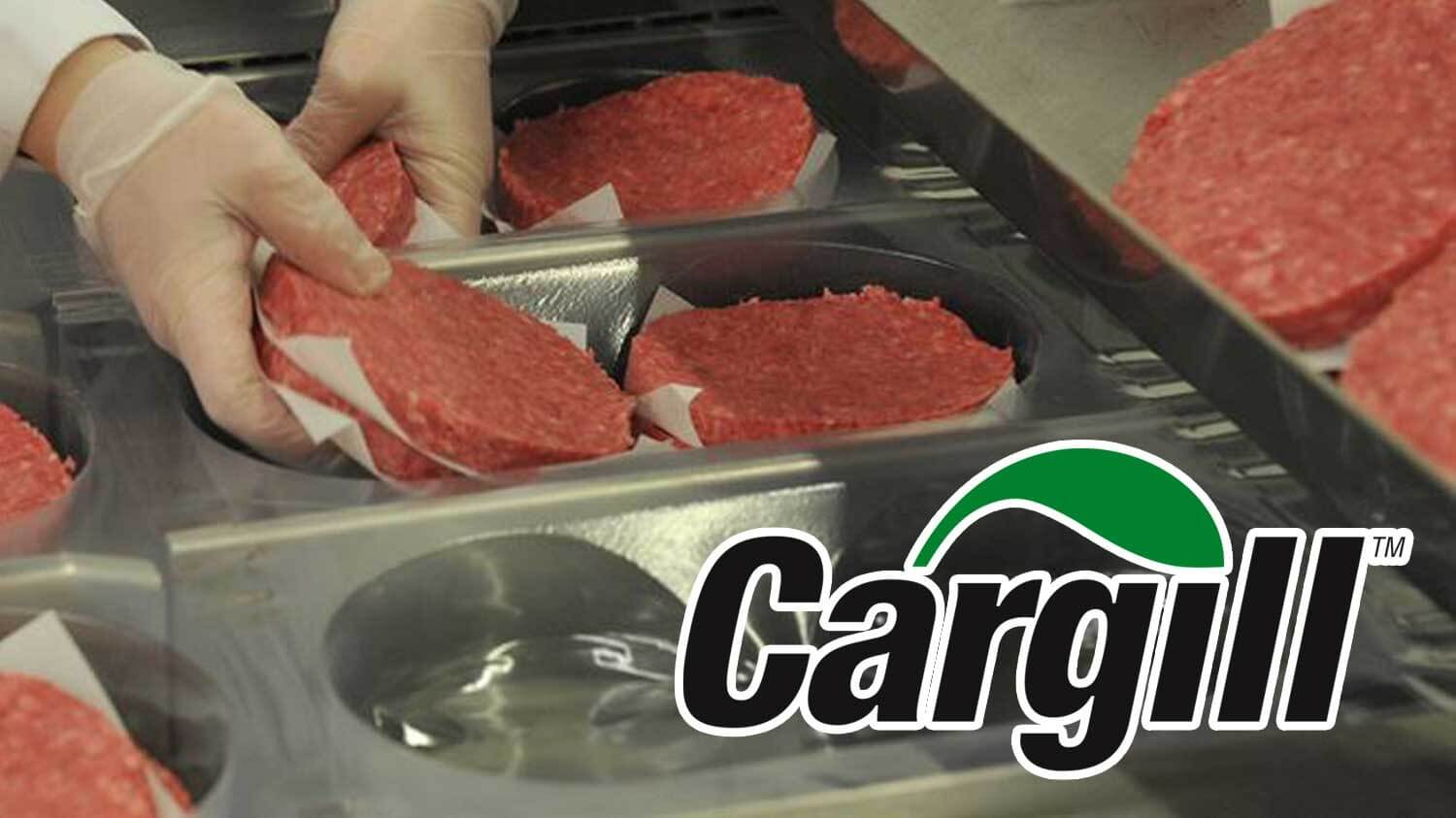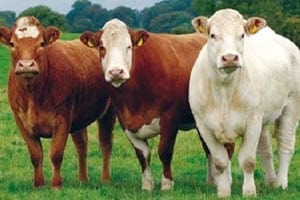Prairie Beef Inc. announced today it has purchased a former Winnipeg
meat processing plant and begun to upgrade and redevelop it to produce
premium-branded Manitoba beef. Following a new business model for the
Canadian beef industry, the producer-owned company will target niche
markets and own more parts of the value chain from gate-to-plate.
The
first phase, which is expected to begin operations by the end of 2008,
will employ 15-20 people and focus on processing value-added beef
products for local markets. The company plans to renovate and upgrade
the plant completely over the next two years to create a
federally-inspected beef slaughtering and processing facility that will
market premium beef products across North America and into Asia and the
European Union. The plant is expected to employ about 80 people when
complete.
“This is a major step forward for Natural Prairie Beef
and for the Manitoba cattle industry,” said Kelly Penner, President and
CEO of Natural Prairie Beef. “We are moving our business plan forward
to create a high quality, vertically-integrated operation that will
target growing, lucrative niche markets. We are looking forward to
introducing our product to Manitoba dining tables later this year and
to the rest of the world by 2010.”
The company has already begun
upgrading the former pork processing plant at 663 Marion St., which it
purchased from Maple Leaf in July. Once it is up to full speed in 2010,
it will handle 250 head per day and will be easily upgraded to 500 head
per day. Natural Prairie is currently finalizing financing arrangements
with other partners and lending institutions.
It will be the
first new federally-inspected beef facility for the province in more
than a generation and the first to service export markets. One of the
key markets for the company is raising and processing Natural beef.
Natural beef is raised without hormones and antibiotics, and delivers a
healthy, high quality great tasting product. Natural Prairie will also
accept conventionally-raised cattle to target the growing kosher and
halal markets in Canada, the U.S. and in certain export markets, both
of which call for strict processing requirements to meet both religious
and health standards.
“We’ve conducted extensive research to
create a business plan that we believe addresses the risks associated
with entering a competitive industry,” said Penner. “We’re building a
highly efficient operation with a focus on niche markets. That will
help us avoid competing against the industry’s major packing companies.”
Producer Owned
Natural
Prairie Beef is a private company owned by 50 Manitoba beef producers.
The Manitoba Cattle Enhancement Council has invested $2.4 million in
the company to help it bring the plant on stream for the benefit of the
province’s beef industry. MCEC administers an investment pool that is
funded by Manitoba cattle producers through a $2 per head levy on every
animal sold. The provincial government matches producers’
contributions, turning every $2 into $4.
“We’re very pleased to
have MCEC on board as an equity investor in our company,” said Penner.
“This project wouldn’t be possible without the strong support and
guidance we’ve received from the council.”
“This is a solid
investment for MCEC. It’s a great step forward towards opening new
markets for Manitoba beef,” said MCEC Executive Director Kate Butler.
“Being located centrally in Winnipeg helps minimize transportation
costs for the plant and for producers. It’s also going to benefit from
Winnipeg’s labour pool. And we were pleased that the plant has already
passed a critical environmental assessment.”
Traceability and Quality
The
plant will employ the latest technology to trace every animal from gate
to plate. This process allows the plant to capture significant
efficiencies and assures consumers that every animal is of the highest
quality. This is critical to address food safety.
“Consumers
today are looking for healthier, high quality, great tasting food
products,” said Penner. “We’re investing in the best systems possible
to make sure that our beef will stack up against any other brand in the
world.”
High Environmental Standards
The
company is committed to ensuring the renovated plant meets or exceeds
all environmental standards. The plant passed a rigorous Phase II
environmental assessment earlier this year. Independent engineers have
stated that the plant will produce significantly less waste than it did
previously.
“We’re holding ourselves to very high environmental
and community standards,” said Penner. “We’re developing a first-class
facility that will use the latest technology. We’re also committed to
continuously searching out new ways to reduce waste.”
The
company is working closely with the City of Winnipeg and Manitoba
Conservation to ensure it meets or exceeds all environmental
regulations. It also plans to host a public open house later this year
to give its neighbours and the broader community an opportunity to
learn more about Natural Prairie Beef.
Founded in 2004, Natural
Prairie Beef Inc. raises and markets cattle under its Natural branded
beef program. For more information on the company, please visit www.naturalprairiebeef.ca.



